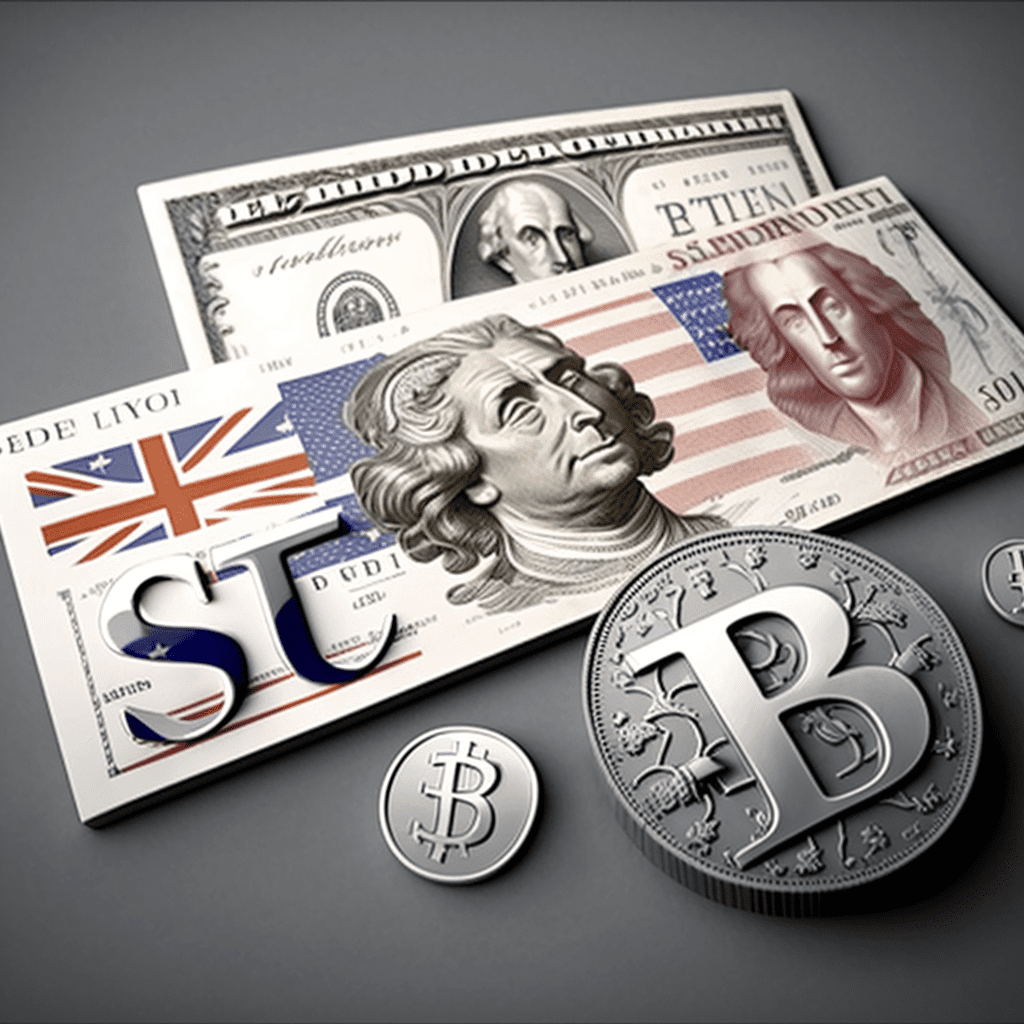
A Look Into Currency Valuation: Why Some Currencies Are Stronger Than Others
Have you ever wondered why some currencies are more valuable than others? For example, the British Pound (GBP) is typically stronger than the US Dollar (USD) and the Euro (EUR). But what makes a currency stronger or weaker? How does currency valuation works?
In simple terms, the strength of a currency is determined by its value in relation to other currencies. This value is determined by a variety of factors, including:
- Economic Factors: The strength of a country’s economy plays a major role in determining the value of its currency. Countries with strong economies, such as the United States, typically have strong currencies. This is because investors and traders have more confidence in the stability of these economies and are more willing to invest in them.
- Political Stability: Political stability is also a factor in determining currency strength. Countries with stable governments and political systems are seen as more reliable and less risky, which can help to boost the value of their currency.
- Interest Rates: Interest rates are another key factor in currency valuation. When interest rates are high, investors are more likely to invest in that country’s currency to take advantage of the higher returns. This can help to boost the value of the currency.
- Inflation Rates: Inflation rates can also impact currency valuation. Countries with high inflation rates may see their currency lose value as investors become wary of holding onto it.
- Trade Deficits: A trade deficit occurs when a country imports more goods than it exports. This can put pressure on the value of that country’s currency as it becomes more expensive to buy goods from other countries.
It’s important to note that currency values are not fixed and can fluctuate rapidly based on a variety of factors. This is why currency traders and investors closely monitor economic and political developments around the world to make informed decisions about currency trading.
One recent example of a significant currency devaluation occurred very recently in Lebanon. The Lebanese pound (LBP) lost approximately 90% of its value against the US dollar (USD). The root cause of the devaluation was a combination of political and economic factors.
Lebanon had been suffering from a prolonged economic crisis prior to the devaluation, including high levels of debt and unemployment, and a lack of foreign currency reserves. The situation was exacerbated by political unrest and corruption scandals that eroded confidence in the government’s ability to manage the economy.
As a result, investors and foreign exchange traders began to lose faith in the LBP, and demand for US dollars increased. This led to a shortage of dollars in Lebanon, and a black market for currency emerged. The central bank of Lebanon tried to maintain the official exchange rate of 1,500 LBP to the USD, but eventually, it became unsustainable, and the LBP devalued rapidly.
The devaluation had significant impacts on the Lebanese economy and population, including inflation, job losses, and difficulty accessing basic goods and services. It also highlighted the interconnectedness of global currencies and the impact that political and economic instability can have on a country’s currency value.
The strength of a currency is determined by a variety of factors, including economic stability, political stability, interest rates, inflation rates, and trade deficits. By understanding these factors, you can gain insight into why some currencies are stronger than others and make informed decisions when it comes to currency trading and investing.
Sources:
https://www.ft.com/content/f37617e1-098b-459f-9502-50ffb50c6c0c